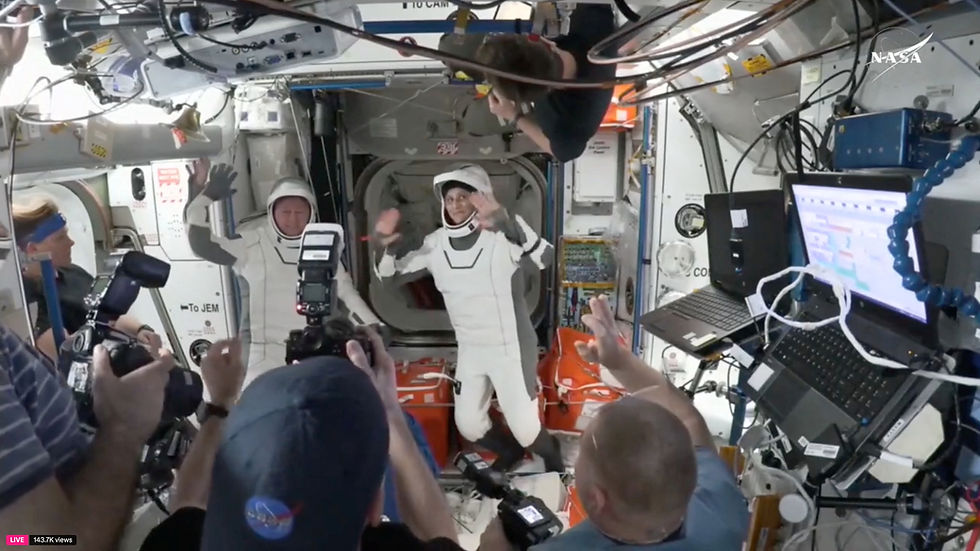NATO chief says Russia, North Korea pact shows mutual support by authoritarian powers
- News Agency
- Jun 20, 2024
- 2 min read

OTTAWA - Russia's new defensive pact with North Korea shows increasing alignment among authoritarian powers and underscores the importance of democracies presenting a united front, the head of NATO said on Wednesday.
Russian President Vladimir Putin signed a deal with North Korea's Kim Jong Un that included a mutual defense pledge, a move that overhauls Moscow's policy towards Pyongyang.
NATO Secretary General Jens Stoltenberg said North Korea had provided "an enormous amount of ammunition" to Russia while both China and Iran were supporting Moscow militarily in its war against Ukraine.
"We need to be aware that authoritarian powers are aligning more and more. They are supporting each other in a way we haven't seen before," he told a panel discussion during an official visit to Ottawa.
"When they are more and more aligned - authoritarian regimes like North Korea and China, Iran, Russia - then it's even more important that we are aligned as countries believing in freedom and democracy," he said.
The growing closeness between Russia and other Asian nations means it is all the more important that NATO works with allies in the Asia-Pacific, he said, adding this was why leaders from Australia, Japan, New Zealand and South Korea had been invited to a NATO summit in Washington next month.
Stoltenberg also said he expected Canada to meet the NATO target of spending 2% of gross domestic product on defense.
Canada's Liberal government, which has poured billions into social programs, only spends 1.37% of GDP on its military. In April it issued a plan to reach 1.76% by 2030.
Other NATO members "are concerned about the fiscal balance, they want to spend money on health (and) education" he said, adding that "if we're not able to preserve peace, then what we do on health and climate change and education ... will fail".
Source: Reuters









.png)








Comments